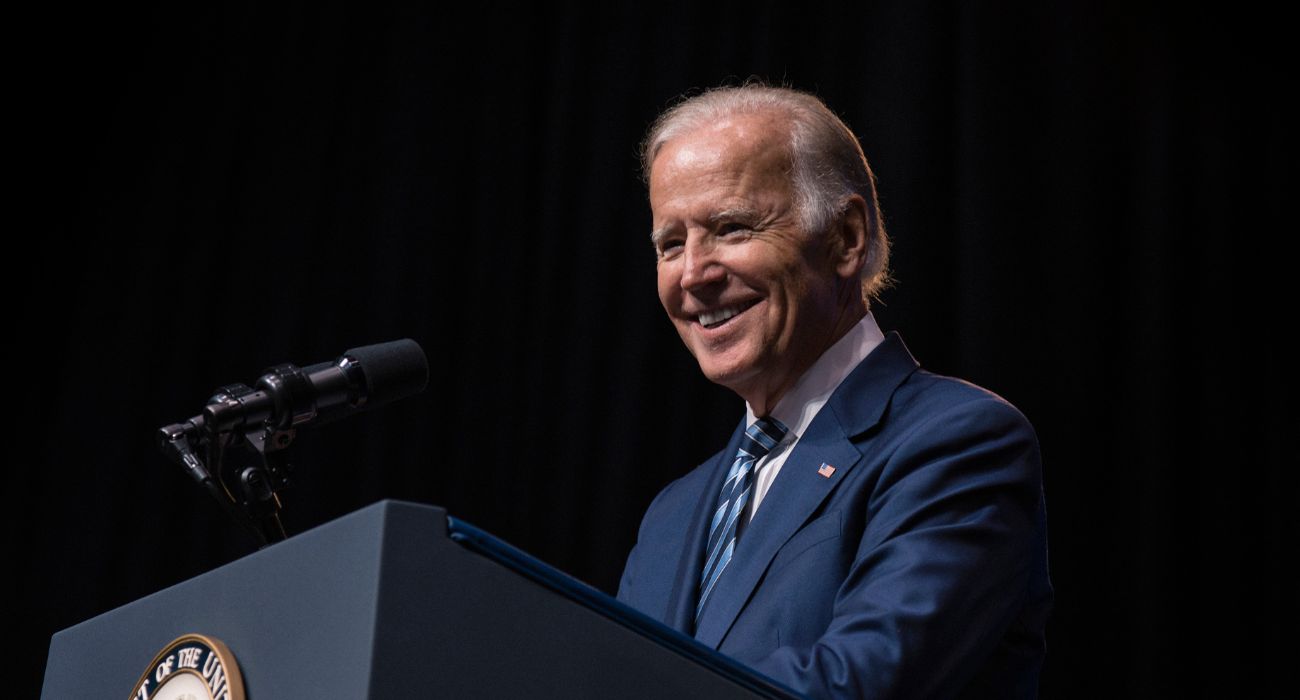Texas Attorney General Ken Paxton has sued Google for allegedly obtaining biometric data from Texans without consent.
In the lawsuit, Paxton claimed that voice and facial recognition software violates the 2009 Texas Biometric Privacy Law barring companies from using an “iris scan, fingerprint, voiceprint of record of hand or face geometry” for commercial use.
Furthermore, the law states that each violation constitutes a maximum penalty of $25,000 per violation.
Paxton not only claimed that the company has not notified users regarding the collecting of their personal data but has also done so “indiscriminate[ly].”
“Google has specifically worked on better identifying and differentiating the voices
of our children,” the suit stated. “Accordingly, Google records — without consent — friends, children, grandparents, and guests who stop by, and then stores their voiceprints indefinitely.”
The lawsuit claimed that since 2015 Google has been collecting data to improve its facial and voice recognition software through machine learning.
Various Google products allegedly use Texans’ biometric data illegally, such as Google Photos, Google Assistant, and Nest Hub Max, which the lawsuit described as “a modern Eye of Sauron — constantly watching and waiting to identify a face it knows.”
José Castañeda, a Google spokesperson, claimed in an interview with USA Today that although Google Photos offers a feature that uses facial recognition, the feature can be switched off at any time.
“Paxton is once again mischaracterizing our products in another breathless lawsuit,” said Castañeda.
This is not the first time Paxton has filed a lawsuit against Google.
Earlier this year, Paxton sued Google for location tracking claiming the megacorporation had violated Texas’ Deceptive Trade Practices Act.
Again in 2020, Paxton led a multistate coalition alleging that Google engages in anticompetitive practices by aligning with Facebook and misrepresenting itself to advertisers who struggle to rank on the search engine platform.
“I will continue to fight Big Tech to ensure the privacy and security of all Texans,” said Paxton.






